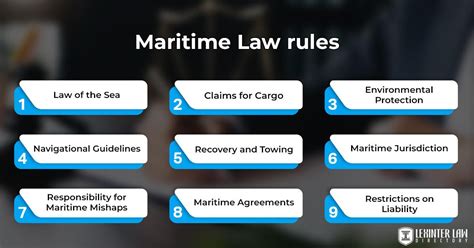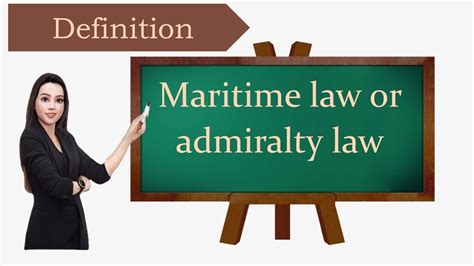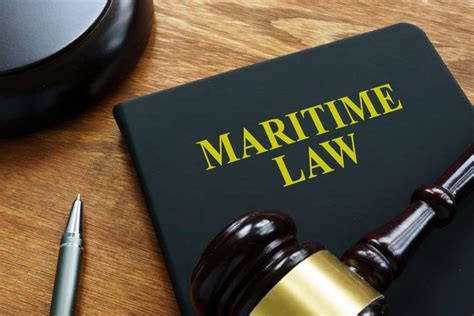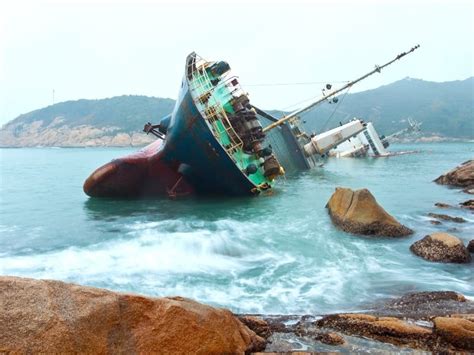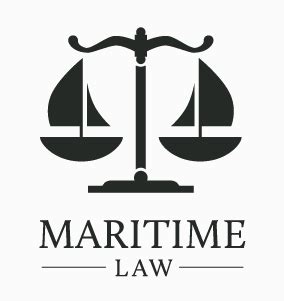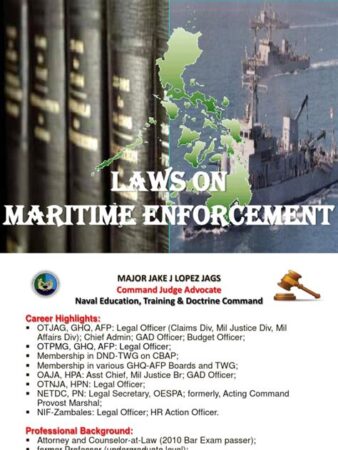
- Define Salvage in Maritime Law
-
FAQ about Salvage in Maritime Law
- What is salvage in maritime law?
- Who can claim salvage?
- What are the requirements for a valid salvage claim?
- How is salvage compensation determined?
- What if the property is abandoned?
- What if the salvage operation is unsuccessful?
- What if there are multiple salvors?
- What is a salvage contract?
- What is the difference between salvage and towage?
- Is salvage limited to ships?
Define Salvage in Maritime Law
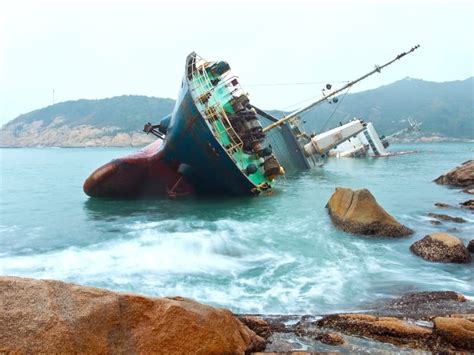
Introduction
Hey there, readers! In this article, we’re going to deep dive into the topic of salvage in maritime law and uncover its ins and outs. Get ready to expand your maritime knowledge horizons!
What is Salvage in Maritime Law?
Salvage, in the realm of maritime law, refers to the act of saving a vessel, its cargo, or other property from imminent peril at sea. It involves preserving or recovering property that would otherwise be lost, damaged, or destroyed.
Elements of Salvage
1. Imminent Peril:
The property must be in imminent danger of being lost, damaged, or destroyed. The peril could arise from any source, such as weather, fire, grounding, or collision.
2. Voluntary Assistance:
Salvage is a voluntary act. The rescuer is not obligated to provide assistance but chooses to do so.
3. Successful Assistance:
The rescuer must successfully save or recover the property from the peril.
4. Absence of Duty:
The rescuer is not under any legal duty to provide assistance. For example, a tugboat that is already under contract to tow a vessel cannot claim salvage for assisting the same vessel in distress.
Who Performs Salvage?
Salvage operations can be performed by various parties, including:
1. Salvors: Professional salvors who specialize in rescue and recovery operations.
2. Mariners: Captains, crew members, or other individuals with maritime experience.
3. Government Agencies: Coast Guard, Navy, or other government entities responsible for maritime safety.
Types of Salvage Services
Salvage services can take various forms, depending on the circumstances:
1. Preservation: Protecting the property from further damage or loss.
2. Recovery: Physically retrieving the property from the peril.
3. Towing: Safely moving the property to a place of safety.
4. Cargo Handling: Protecting, preserving, and discharging the cargo.
5. Environmental Protection: Minimizing the impact of the incident on the marine environment.
Compensation for Salvage Services
Salvors are entitled to compensation for their services. The amount of compensation is determined by a variety of factors, including:
1. Value of the Property Saved: The higher the value of the property, the greater the potential compensation.
2. Difficulty of the Salvage Operation: The more challenging the operation, the higher the compensation.
3. Value of the Salvor’s Services: The skill, experience, and resources employed by the salvor are taken into account.
4. Admiralty and Maritime Law: Compensation is governed by principles of admiralty and maritime law, which consider fairness and equity.
Salvage Table
| Aspect | Description |
|---|---|
| Definition | Saving property from imminent peril at sea |
| Elements | Imminent peril, voluntary assistance, successful assistance, absence of duty |
| Performed By | Salvors, mariners, government agencies |
| Types of Services | Preservation, recovery, towing, cargo handling, environmental protection |
| Compensation | Determined by value of property saved, difficulty of operation, value of services, and maritime law principles |
Conclusion
Well there you have it, readers! We hope this article has shed some light on the fascinating world of salvage in maritime law. Remember, maritime law is an ever-evolving field, so be sure to check out our other articles for the latest insights and updates. Until next time, stay safe on the high seas!
FAQ about Salvage in Maritime Law
What is salvage in maritime law?
- Salvage refers to the rescue and preservation of a ship, its cargo, or persons on board that are in danger or distress at sea.
Who can claim salvage?
- Any person or organization that voluntarily and successfully rescues or preserves property from maritime peril can claim salvage.
What are the requirements for a valid salvage claim?
- The property must have been in imminent danger or distress.
- The salvage services were rendered voluntarily and without any obligation.
- The services must have been successful in rescuing or preserving the property.
How is salvage compensation determined?
- The amount of salvage compensation is determined by considering factors such as the value of the property saved, the effort and risk involved in the salvage operation, and the skill and expertise of the salvors.
What if the property is abandoned?
- If the property is abandoned by its owners, the salvors may still be entitled to salvage compensation.
What if the salvage operation is unsuccessful?
- If the salvage operation fails, the salvors will not be entitled to compensation.
What if there are multiple salvors?
- If multiple parties are involved in the salvage operation, they may share in the salvage award.
What is a salvage contract?
- A salvage contract is a legal agreement between the salvors and the owners of the rescued property that sets out the terms of the salvage operation.
What is the difference between salvage and towage?
- Salvage involves rescuing property from peril, while towage involves assisting a vessel in distress by towing it to safety.
Is salvage limited to ships?
- No, salvage can also apply to other property, such as cargo, aircraft, or even oil spills.
